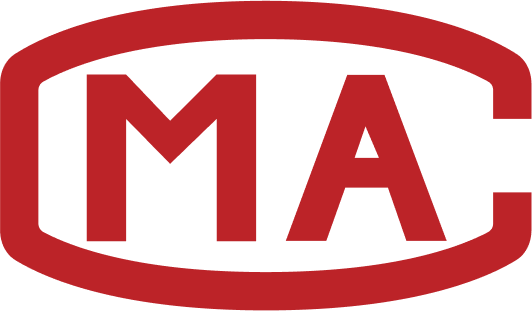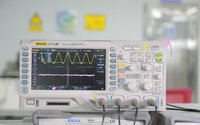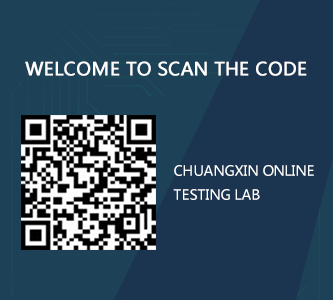Chip heating chemistry testing principles third-party professional testing
Date:2023-03-27 15:39:46Views:356
In industries such as food, medical devices, environmental protection, construction materials, and electronic appliances, third-party professional testing can help enterprises or institutions ensure the quality, safety, and environmental protection of products or services, and can also provide consumers with reliable and safe products or services to protect their rights and interests. The following is a brief analysis of the principles of chip heating chemistry testing for your reference.
Chip heated chemical testing is a chemical testing method that uses chips to heat samples. The principle is to use a heating chip as a heat source to control the heating rate and reaction temperature of the sample, and then measure the changes in the physical or chemical properties of the sample with temperature to study the thermal properties, thermal decomposition properties, thermodynamics, and other properties of the sample.
_20230327153845_747.jpg)
The following principles are commonly used for chip heating chemistry testing:
Differential scanning calorimetry (DSC): Using a heating chip to raise the temperature of the sample, while simultaneously raising the temperature of a reference substance, measure the temperature difference between the two. When a sample undergoes a thermal effect, its heat is different from the heat of the reference material, so the temperature difference is also different. Therefore, it is possible to study the heat capacity, thermal decomposition temperature, and other properties of the sample.
Thermogravimetric analysis (TGA): Using a heating chip to raise the temperature of the sample, while measuring the weight change of the sample. When a sample undergoes thermal decomposition or volatilization, its weight changes, enabling the study of its thermal stability, thermal decomposition, and other properties.
Dynamic Thermomechanical Analysis (DMA): Using a heating chip to raise the temperature of the sample while applying a mechanical load to measure the deformation of the sample. When a sample undergoes thermoelasticity or thermal expansion, its deformation will change, which can be used to study the thermoelasticity, thermal expansion, and other properties of the sample.
Heat Flow Analysis (TFA): Using a heating chip to control the reaction temperature, while measuring the heat flow changes during the reaction process. When a sample undergoes a thermochemical reaction, its heat flow will change, enabling the study of reaction kinetics and thermodynamics.
Third-party professional testing has the following advantages:
Independence: Third party institutions are not affected by the tested object or the entrusting party, and can ensure the objectivity and impartiality of the test results.
Professionalism: Third party institutions usually have professional technical equipment and high-quality professional technical personnel, which can provide high-quality testing services and professional technical support.
Credibility: The testing results of third-party institutions are generally considered more reliable, with high authority and credibility, which helps to improve the credibility and market competitiveness of the tested objects.
This article aims to provide readers with a preliminary understanding of third-party professional testing, and hopes to be helpful to readers. You need to constantly summarize and learn to improve your professional skills. At the same time, readers are also welcome to discuss, learn, and communicate with each other on the knowledge points mentioned in this article.




 Weixin Service
Weixin Service

 DouYin
DouYin
 KuaiShou
KuaiShou




















